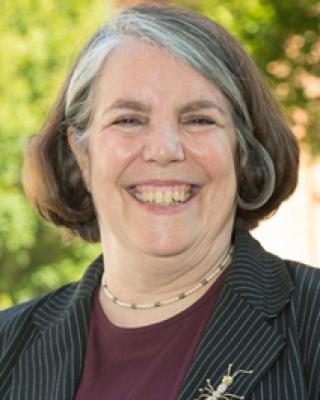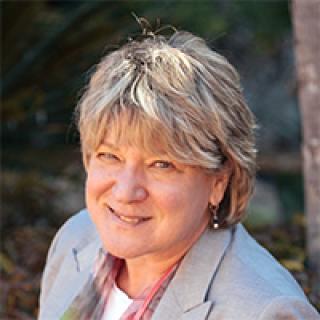
Entrepreneurship and gender in STEM
Professor Joan Herbers and AWIS Executive Director Janet Koster write about the importance of encouraging women to become more entrepreneurial in the STEM disciplines

We know that women are entrepreneurial. In fact, the majority of small businesses in the United States are started by women.
Yet when it comes to the STEM disciplines (science, technology, engineering and mathematics), women are largely absent in the current tech transfer boom. Women file proportionately fewer invention disclosures and patents, they launch fewer startup companies, and they are less successful attracting venture capital and angel funds.
This gender gap in the innovation pipeline means we are not tapping into our nation’s entire talent pool.
To highlight this issue, The Ohio State University has partnered with the Association for Women in Science (AWIS) to focus on how we, as a society, can develop inclusive, fiscally responsive systems to drive research excellence, feed long-term economic growth and fuel innovative solutions to global challenges facing all our citizens.
Closing the gender gap
On April 30 in Washington D.C., the two groups will host the National Summit on Innovation and Entrepreneurship: A Roadmap for Inclusion. Experts from business, academia and government will deliver research and evidence-based strategies to increase the representation, advancement and contributions of women in the innovation enterprise.
Through the REACH program here at Ohio State, we have studied the environment specific to academic entrepreneurship, especially in STEM, and can offer insight as to why we fail to attract and involve women scientists and engineers in the enterprise.
Academic women in STEM are highly successful researchers, with funding and publication rates similar to their male colleagues. Women, however, tend to be risk-averse, and are closely tuned in to the academic reward structure. Not surprisingly, they focus on traditional routes of securing support for their research, namely external grants and contracts.

If we do not explicitly value entrepreneurial activity in promotion and tenure reviews, and annual salary deliberations, women will not be attracted to commercialization. Faculty who perceive such activities as add-ons to already-overloaded schedules will simply ignore them.
Most universities do offer a profit-sharing scheme for successful patents and licenses. The promise of additional funding is a primary motivator for men, but is insufficient to attract women. Rather, women faculty are motivated by societal impact.
Developing STEM entrepreneurs
Our REACH program shows women scientists and engineers how they can extend the reach of their research via commercialization; when women academics start to think about disseminating their research ideas beyond their academic colleagues, they can easily become interested in commercialization.
Even so, special training and individualized attention are needed. The REACH project includes workshops and also provides one-on-one analysis of research potential for the marketplace. By helping women envision themselves as entrepreneurs, we spark their interest.
As the largest multidisciplinary organization supporting women in STEM, AWIS can help us amplify the lessons we learned through REACH with its Washington D.C. presence and commitment to driving positive change in systems and organizations through advocacy and action.
Helping build successful workplaces across all disciplines and employment sectors, AWIS is focused on increasing the representation, advancement and impact of women in STEM through evidence-based strategies, policies and solutions that eliminate barriers and bias from the workplace.
Our work on entrepreneurship among academic women has taught us a common lesson: Systems set up by men tend to appeal to and serve men’s interests. In order to make those systems attractive and helpful to women, we must think more broadly about what motivates women and what they need to be successful.
Institutions that tailor their programs to be inclusive will out-innovate those that do not.
Source: Buckeye Voices blog, https://buckeyevoices.osu.edu/articles/2015/04/29/entrepreneurship-and-gender-in-stem/